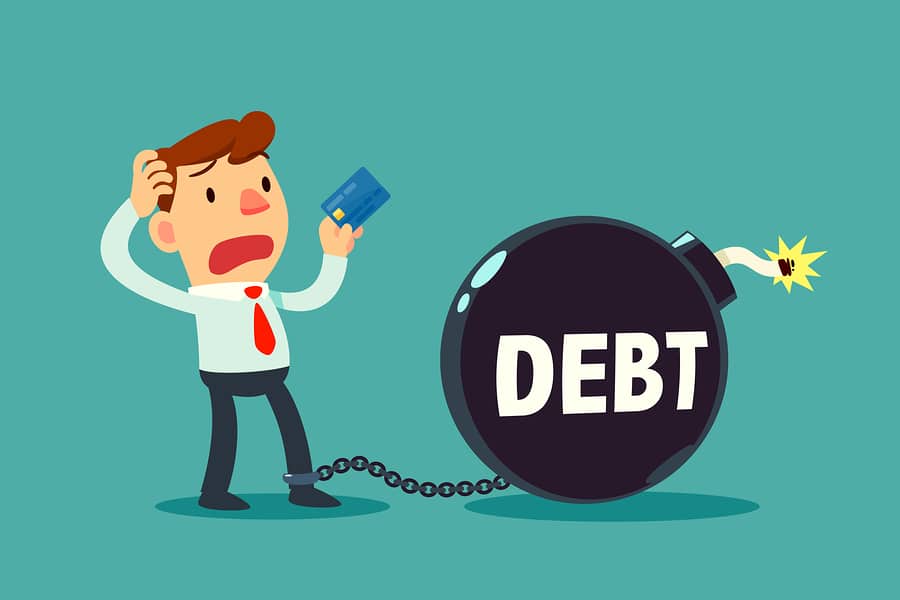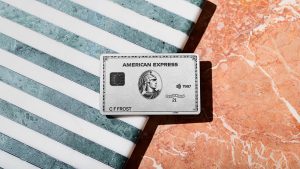
Do you know that debt can be good as well as bad? Understanding the difference between these two broad types of debt is important.
Good debt
Good debt is money you borrow for wealth creation purposes. It includes money you borrow to buy assets that increase in value (like property), or business loans that are used to invest and generate a return. Home loans are an example of good debt. New Zealand property prices have a steady long-term track record of growth, even though there might be shorter-term flat periods or decreases in certain markets.
While past performance isn’t an indicator of future performance, history shows that people who held onto New Zealand residential property for the long-term, were more than likely rewarded. Generally speaking, real estate assets will increase in value over time, while debt will progressively decrease with repayments. Both of those factors help you to build wealth.
Home loans also usually have lower interest rates than other types of finance like credit cards and personal loans, so they are designed to make paying off a home loan over decades as affordable as possible.
Bad debt
Bad debt, on the other hand, can be money that you borrow for day-to-day expenses (like groceries or bills) when you don’t have the means to pay, or used to buy assets that decrease in value very quickly. Bad debt is the worst type of debt and can often lead to taking on more bad debt to pay off older debt.
Credit card debt can be a typical example of bad debt, especially if you’re only making your minimum repayments each month. Credit card interest rates can be three or four times higher than those of other forms of finance. If you’re only making your minimum credit card repayments, you’re turning short-term debt into long-term debt and paying way too much interest. It will take you years to pay off your credit card, even if you don’t make any more purchases with it.
Credit cards have many benefits and can help with budgeting and cash flow, but don’t forget to check if your credit card usage is positive or negative. Utilising the interest-free period and building up rewards can be a positive way to use a credit card, while mounting debt is generally a negative.
If you’ve found yourself in the position of constantly growing your credit card debt and struggling to pay it off, a balance transfer credit card or debt consolidation personal loan might be right for you. When you transfer the balance of your credit card to a new credit card, often you can take advantage of an interest-free period where you may pay zero or very low interest rates on your existing debt for a period of time. This can significantly help to get on top of your bad debt.
Leveraging debt
Let’s get back to good debt and how it can help you get ahead. Good debt can be leveraged not only to generate wealth, but also to fast-track it. For example, you can use the equity you’ve built up in your home over time as security to take out an investment property loan. Just like with your home, history shows that a well-chosen investment property in a good location in New Zealand increases in value over time.
But an investment property loan offers another benefit that your home loan doesn’t. You can deduct the interest and any fees that you pay on an investment property loan against the rental income it generates. This reduces your taxable income and, therefore the amount of tax you pay.
The interest and fees on your home loan, on the other hand, aren’t tax-deductible. That’s one reason why it might make sense for you to pay off your home loan as soon as possible.
You can also deduct other investment property expenses to further reduce your tax. Expenses like:
- insurance,
- property rates,
- property manager fees,
- repairs and maintenance expenses,
- travelling expenses to inspect your property,
- travelling expenses to inspect the property, and
- legal fees (for buying the property, drawing up tenancy agreements, chasing up overdue rent, evicting tenants, etc)
While debt may be viewed by some as a bad thing, using the right type of debt for the right purpose can be extremely beneficial and help you fast-track your wealth building. But be mindful to try to reduce the amounts of bad debt you’re using.
Good debt increases your long-term wealth. Bad debt reduces it and should be minimised or avoided.






